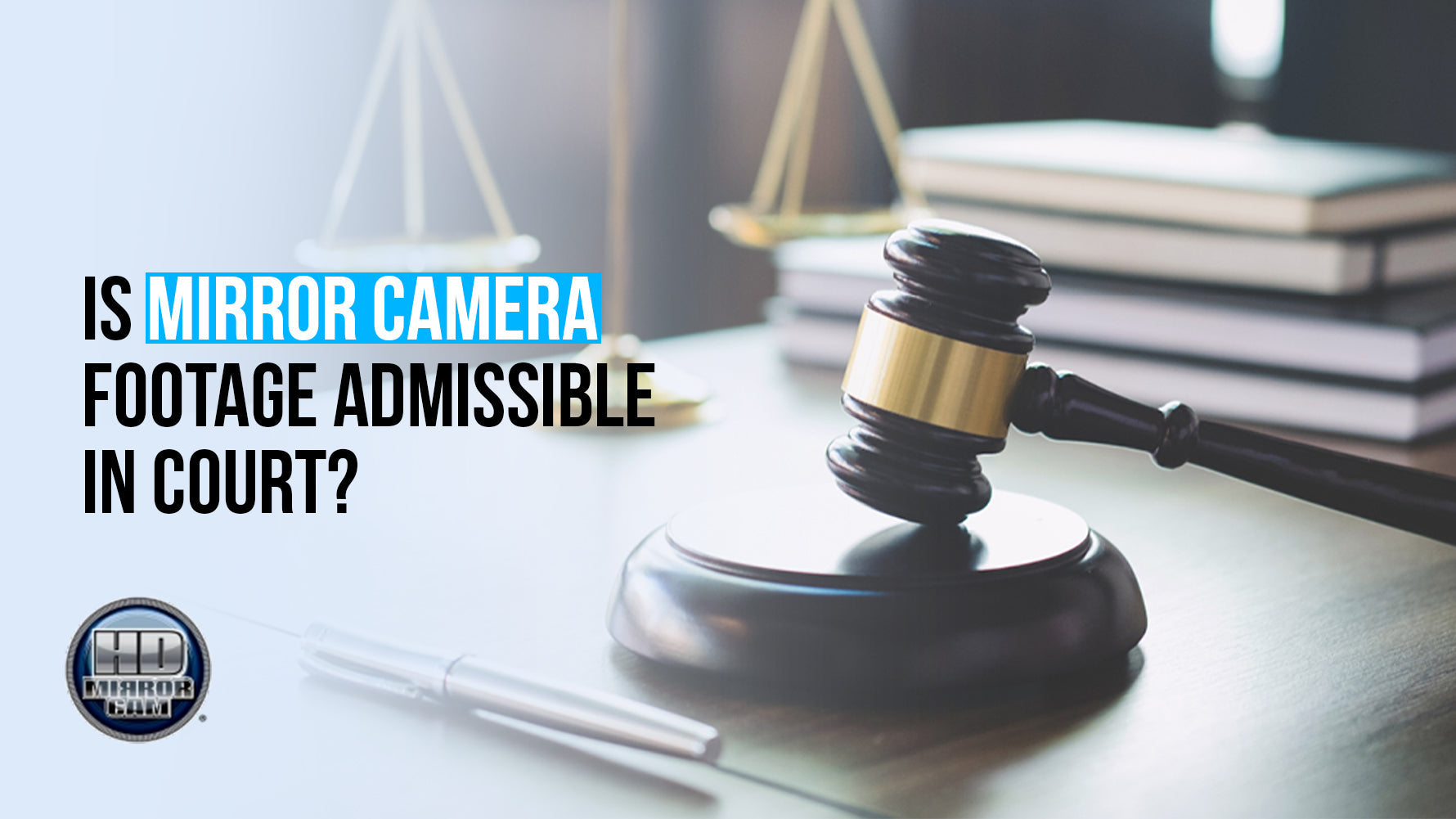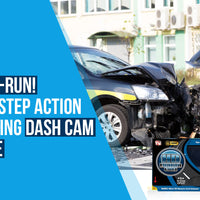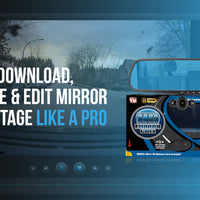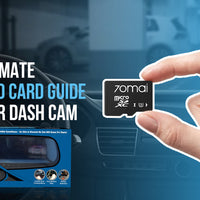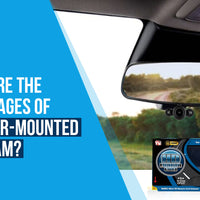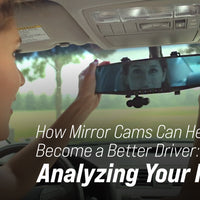Summary Points
-
Mirror camera footage is admissible in court if it meets legal standards such as relevance, authenticity, and compliance with privacy laws.
-
Courts evaluate dash cam footage based on how clearly it captures events and whether it can be verified as original and unedited.
-
Best practices such as preserving the original file and maintaining accurate timestamps improve the chance of admissibility.
-
HD Mirror Cam is also useful beyond accident documentation, including traffic stops and road hazard recording.
In recent years, dash cams have become a valuable tool for drivers, insurers, and even legal professionals. Their ability to capture unbiased, real-time footage has made them increasingly relevant in legal proceedings. Mirror cameras, in particular, offer a discreet and multifunctional solution for recording driving incidents without obstructing the driver’s view.
This article examines whether footage from mirror cameras like HD Mirror Cam is admissible in court, what legal criteria it must meet, and how it can serve as compelling evidence in a variety of legal contexts.
Legal Admissibility Requirements
Dash cam footage, including that from mirror-mounted devices, can be used in court as long as it meets specific legal benchmarks. Courts typically assess admissibility based on four core criteria.
Relevance
The footage must have a direct connection to the incident being investigated. This includes visual proof of road conditions, vehicle positioning, or behavior that may have contributed to the event. If a camera captures the moments before, during, or after an accident, it is likely to be deemed relevant.
Authenticity
Courts require assurance that the video presented is original and unaltered. Timestamped recordings and a documented chain of custody support this requirement. The ability to show that the footage came from a specific vehicle and has not been edited increases its credibility.
Reliability
Beyond relevance and authenticity, the quality of the recording also plays a role. Footage must be clear, stable, and continuous. Features of HD Mirror Cam that support this include:
-
720P HD video resolution
-
120-degree wide-angle lens for comprehensive coverage
-
Auto-start recording when the car is turned on
-
Built-in night vision for low-light conditions
Together, these elements ensure the camera reliably captures detailed footage under various circumstances.
Legal Compliance
While visual recording is typically permitted, audio recording laws vary by state. In two-party consent states, both parties involved in an interaction must be aware they are being recorded. Drivers should review local laws to ensure their use of a dash cam complies with privacy regulations.
How HD Mirror Cam Footage Strengthens Legal Cases
Dash cam footage can serve as a crucial form of evidence in legal disputes, particularly when eyewitness accounts are unreliable or contradictory. HD Mirror Cam enhances this value with its combination of clarity, reliability, and ease of use.
1. Establishing Fault
Footage that captures a traffic incident in real-time can clarify which party was at fault. A wide-angle view enables the camera to record more than just the immediate impact — it can also show surrounding traffic behavior, signal lights, and weather conditions.
This level of objectivity can be instrumental in:
-
Disputing traffic citations
-
Demonstrating right-of-way
-
Verifying that road rules were followed
2. Combating Fraud
Insurance fraud remains a significant concern, particularly with staged accidents or false injury claims. HD Mirror Cam can help prevent such scenarios by providing timestamped and tamper-proof video evidence.
Its night vision capabilities also make it ideal for capturing incidents that occur in low-visibility conditions, reducing the chances of fraudulent accounts going unchallenged.
3. Insurance Claims
Many insurance companies accept dash cam footage to help resolve claims. Video evidence simplifies the process by reducing ambiguity and reinforcing the driver's version of events. This can:
-
Speed up the settlement process
-
Minimize disputes over fault
-
Provide a visual account that supports or overrides driver history
Best Practices for Court-Admissible Footage
To ensure that the footage recorded is admissible and carries legal weight, users should follow certain guidelines.
-
Use a Class 10 micro SD card, ideally 32GB or more, to support continuous HD recording.
-
Do not edit or alter the original files. Preservation of raw footage is essential for legal use.
-
Mount the device securely using the provided rubber straps to ensure stable, non-shaky footage.
-
Check and maintain accurate date and time settings for each recording.
-
Regularly back up files using the included USB card reader to prevent accidental overwriting.
Taking these steps not only helps ensure legal validity but also protects the integrity of the evidence.
Beyond Accidents: Other Legal Uses
While dash cams are commonly associated with documenting accidents, their utility extends into a variety of legal scenarios. HD Mirror Cam is capable of supporting legal documentation in the following cases:
-
Road hazards such as potholes or obstructed signage
-
Traffic stops, providing a record of interactions with law enforcement
-
Theft or vandalism attempts, especially in parking lots
-
Hit-and-run incidents or cases involving reckless driving
In all these cases, the availability of objective video footage can aid both legal professionals and vehicle owners in understanding what occurred.
Conclusion
Mirror camera footage has increasingly become a credible form of legal evidence when captured properly and in accordance with privacy laws. Devices like HD Mirror Cam offer the recording quality, features, and reliability needed to support this growing trend.
From helping drivers establish fault in accidents to deterring insurance fraud and supporting insurance claims, HD Mirror Cam is more than a driving accessory — it is a legal safeguard.

